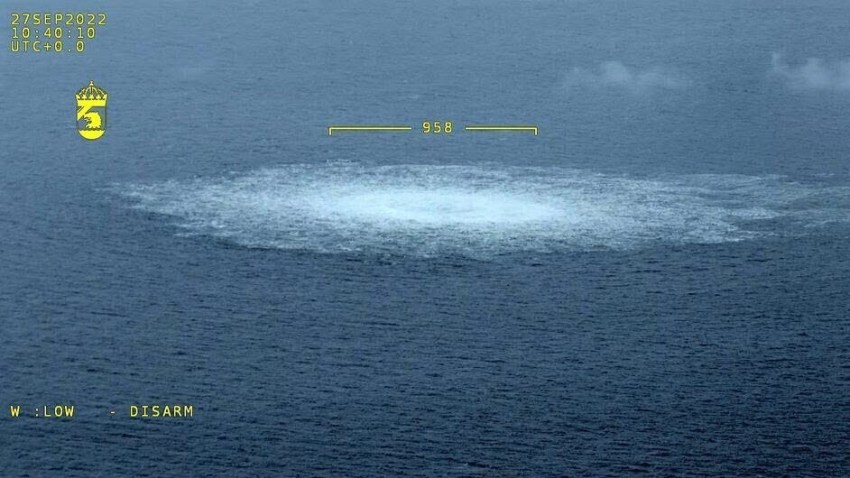Speculation is heating up in Brussels over this week’s attack on the Nord Stream pipelines carrying Russian gas to Europe under the Baltic Sea. Many in the West suspect Russia to be behind the sabotage of the pipelines, but Moscow has denied any involvement and intends to call for a meeting of the U.N. Security Council tomorrow to discuss the incident.
The attacks took place on Monday, with the first explosion off the coast of the Danish island of Bornholm rupturing the Nord Stream 2 pipeline. The controversial pipeline was completed last year but never entered service, after Germany suspended its certification in the aftermath of Russia’s invasion of Ukraine. Hours after the first explosion, a second one targeted the nearby Nord Stream 1 pipeline, which has transported Russian gas exports to Germany since 2011 but was shut off by Moscow a month ago. There are now four leaks in total.
But even though the pipeline is not currently in operation, it still contains gas, which is now bubbling up to the surface of the Baltic. In addition to endangering boats and marine life, the leak is set to release as much greenhouse gas emissions into the atmosphere as Denmark produces in four months. Scientists say the explosions are almost certainly the result of sabotage, a position the European Union and NATO have also taken.

